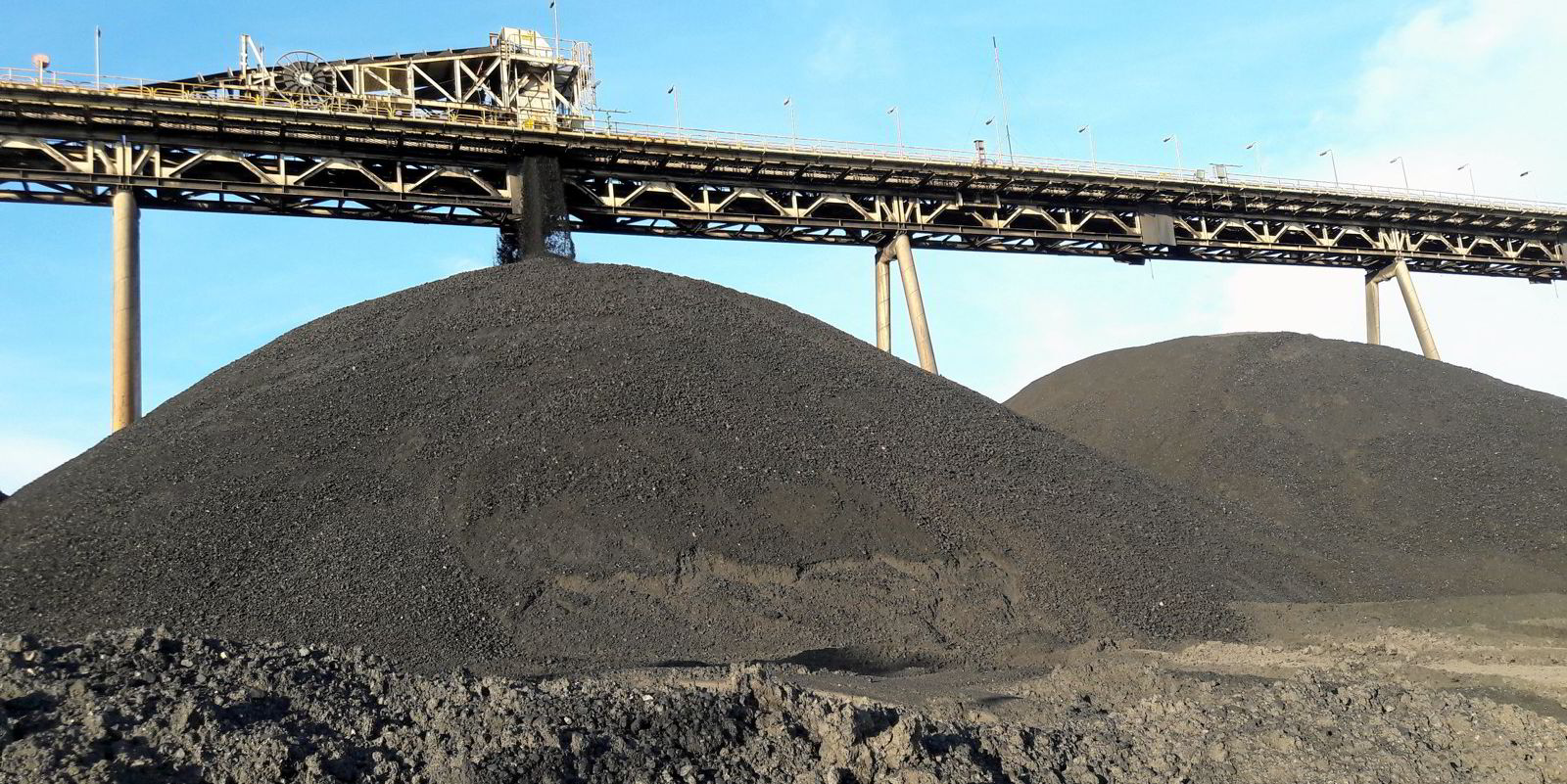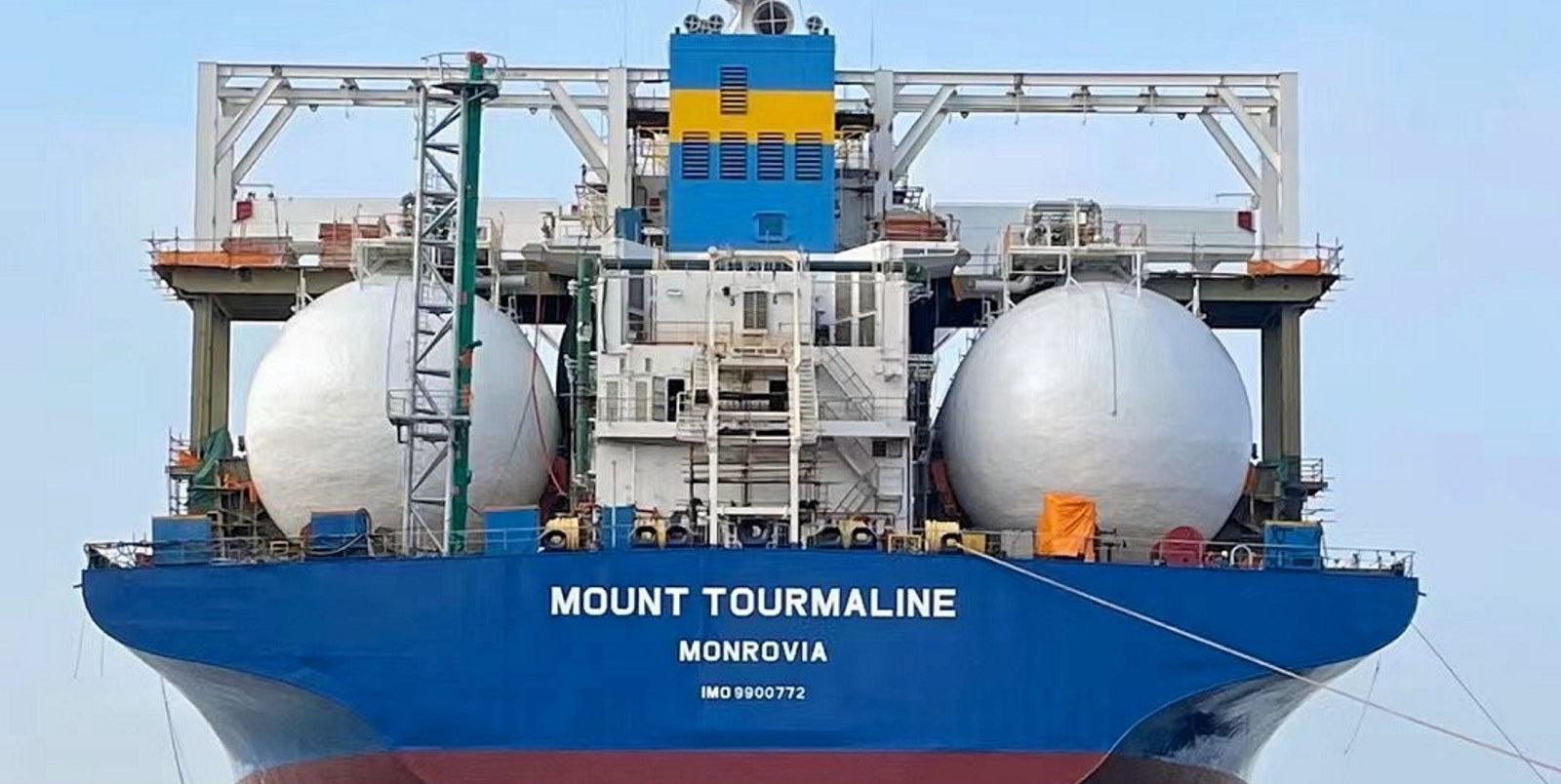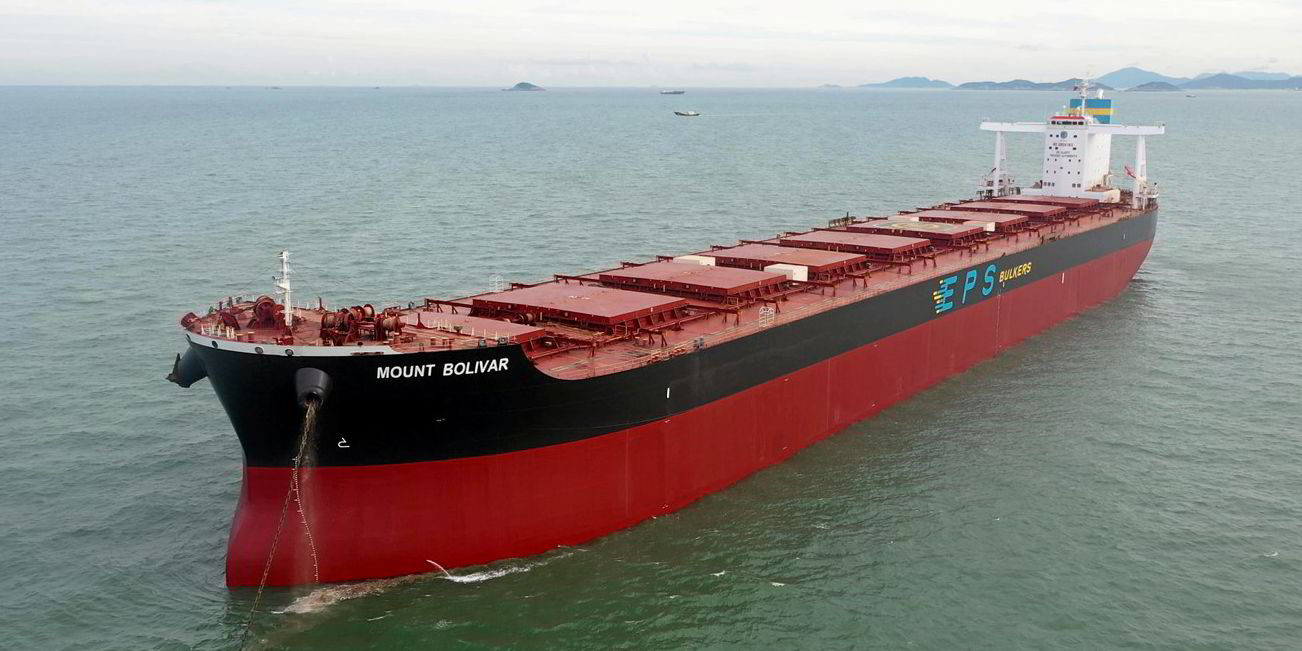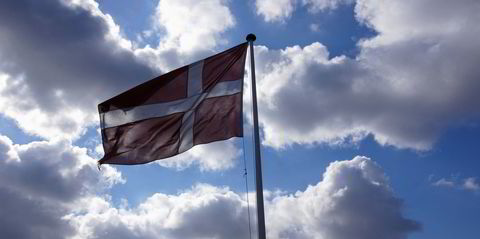Eastern Pacific Shipping (EPS) has officially banned the carrying of coal on its commercially managed bulk carriers.
The “No Coal Cargo” policy — believed to be the first from a major shipowner — comes as the shipping industry increasingly finds itself in the crosshairs of financial backers who are cleaning up their businesses by renouncing the dirtiest fossil fuel.
EPS chief executive Cyril Ducau announced the coal ban in the company’s 2022 environmental, social and governance (ESG) policy released on Tuesday.
Ducau revealed that Singapore-based EPS has had an unofficial mandate not to transport coal on its ships since April 2020.
Turning this into an official company policy was done to support the Glasgow Climate Pact that arose out of the 2021 United Nations Climate Change Conference, also known as COP26.
The pact specifically targets the phasing down of coal, which is regarded as the most significant contributor to climate change.
The company hopes to play a “small role” in making coal no longer economically viable, thereby increasing the demand for greener options.
Ducau said EPS’ no coal cargo policy also aims to be a message to the maritime industry that decarbonisation is not exclusively about reducing engine emissions.
“At EPS, we are also conscious that it’s not just how we move our ships that matters — it’s also about what we move,” Ducau said.
“With a significant portion of our commercially managed fleet being in the dry bulk segment, we aim to play a small part in making one of the world’s worst pollutants that much harder to access.
“EPS is fully committed to conserving the marine ecosystem and the environment for future generations. However, we know we can’t do it alone.”
A fleet list on the company’s website indicates that it has 38 bulk carriers including 13 LNG dual-fuel newcastlemax newbuildings for delivery between now and 2024.
Commercially managed bulk carriers refers to vessels that the company has out in the spot and short period markets. Its larger bulk carriers are mostly fixed on long-term charters to iron ore producers.
Move against coal

Coal is one of the dirtiest commodities moved by sea. The shipping industry is facing growing pressure from its financiers to get out of the trade.
Last November, six European companies collectively representing more than 5% of the estimated annual $16bn capital financing requirements of the dry bulk industry told Reuters they were either reducing their exposure to vessels that transport coal or were thinking of doing so.
The six firms collectively owned, financed, insured or reinsured more than $1bn of capital in the dry bulk industry.
The investor pullback was described as being part of a wider shift in the financial industry away from fossil fuels.
Insurer Swiss Re Corporate Solutions said that from 2023 it would no longer cover the transport of thermal coal via reinsurance treaties, where it covers a portfolio of insurers’ policies.
The company exited the direct insurance of coal cargoes in 2018.
Patrizia Kern-Ferretti, head of marine at Swiss Re, said there was increasing pressure on the insurance companies from the sustainable investment sphere in terms of ESG.
On Monday, Norway’s NRP Maritime Asset Management (MAM) told TradeWinds that it has ruled out funding for ships carrying fossil fuels.
“We have taken the approach to exclude any ships carrying fossil fuels so will focus on the smaller to midsize bulkers and container feeders and other industrial carriers,” MAM managing partner Nicolai Heidenreich said.
Dual-fuel leader

EPS has become an industry leader in shipping’s energy transition.
The rapidly growing company expanded its fleet to more than 19m dwt in 2021 by closing 50 asset deals across its three core segments of container ships, bulk carriers and tankers.
These deals included newbuildings for charters involving LNG dual-fuel bulk carriers and containers ships, as well as ethane dual-fuelled very large ethane carriers.
Of the 192 ships that EPS has on the water and on order, 62 are dual-fuelled vessels powered by an alternative marine fuel, making the company a leader in the industry’s energy transition.
EPS, which is one of six founding members of the Global Centre of Maritime Decarbonisation, has also partnered with Singapore’s Nanyang Technological University for an ammonia bunker study.






